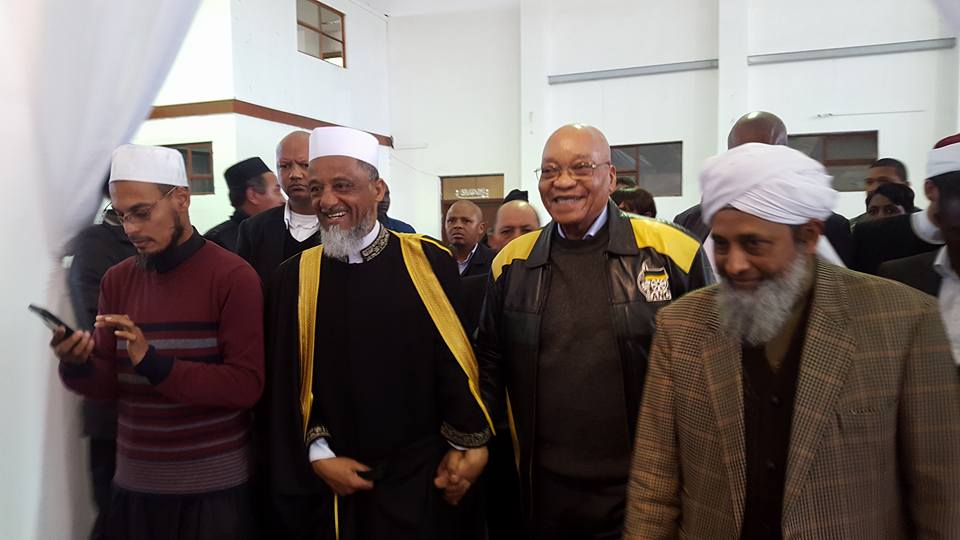As political analysts continue to dissect the current socio-political context within South Africa, the Muslim Judicial Council (MJC) today provided clarity on the body’s stance with regard to the state capture report and the #FeesMustFall protests.
Speaking to VOC News, Moulana Abdul Khaliq Allie explained that while the MJC has expressed its deep concern at the state capture report, the ulama body is grateful that it has been made available to general public.
“We are grateful for the fact that the court has made this decision and that South Africa have access to this report. We are fully supportive of the [judicial] process, because that independent judiciary will afford a true reflection in terms of the deep concerns that is being articulated in the state capture report.”
Alli said that the MJC has referred the report to their legal representatives who will be advising the body in accordance with its official statement.
He appealed to all political parties, including the ruling party, to work toward maintaining the well-being of the South African people.
In response to the MJC’s uninterrupted support of President Jacob Zuma, Alli notes that the MJC is governed by its founding principles, including supporting transparent judicial processors, and further asserted its willingness to accept the outcome of the inquiry.
“When injustice is found in any matter, be it for or against the state president, then the MJC will uphold the position that the inquiry will find.”
Meanwhile, MJC president, Shaykh Irafaan Abrahams explains that while the body supports the freedom of students to table demands that reflect socio-economic inequalities, it does not support the violence that has ensued across the country.
“Whether it is petrol bombs or setting the place on fire, it is totally unacceptable, nobody can say that that [the behaviour] is correct. But, whether it is the students’ protestors or skollie element that is involved, we don’t know,” he added.
In a bid to quell the violence, Abrahams encourages government to adopt an assertive stance and to increase the presence of police in protests.
He further notes that the clergy needs to be involved in the processors and encourages students to established viable demands, clearly assessing the short and long term demands.
“We need to guide the students on what they want at the particular moment, what they want in the near future and what do they want in the distant future. We cannot get everything at the same time, so I believe it must be done in stages,” Abrahams continued.
VOC






 WhatsApp us
WhatsApp us 

